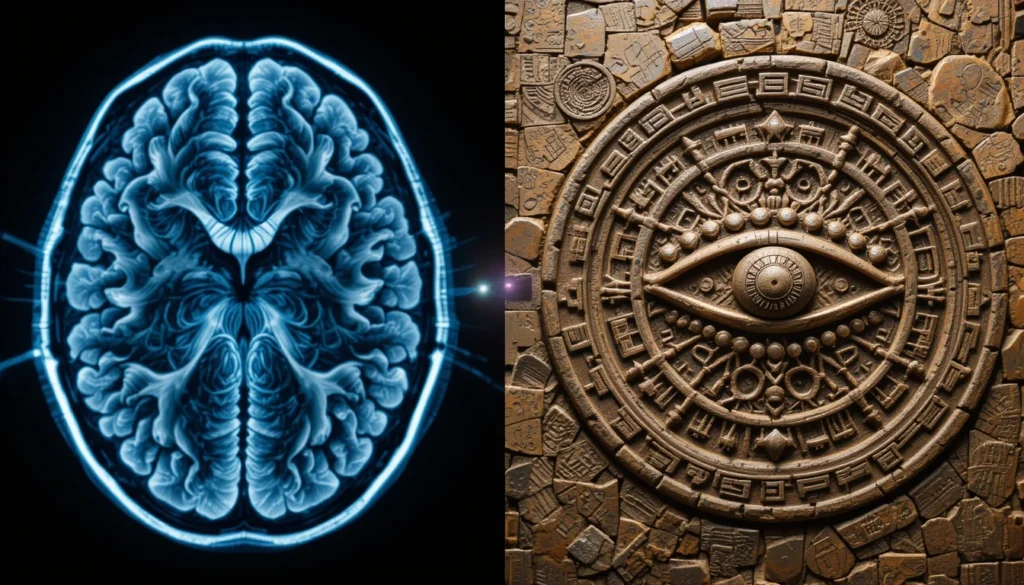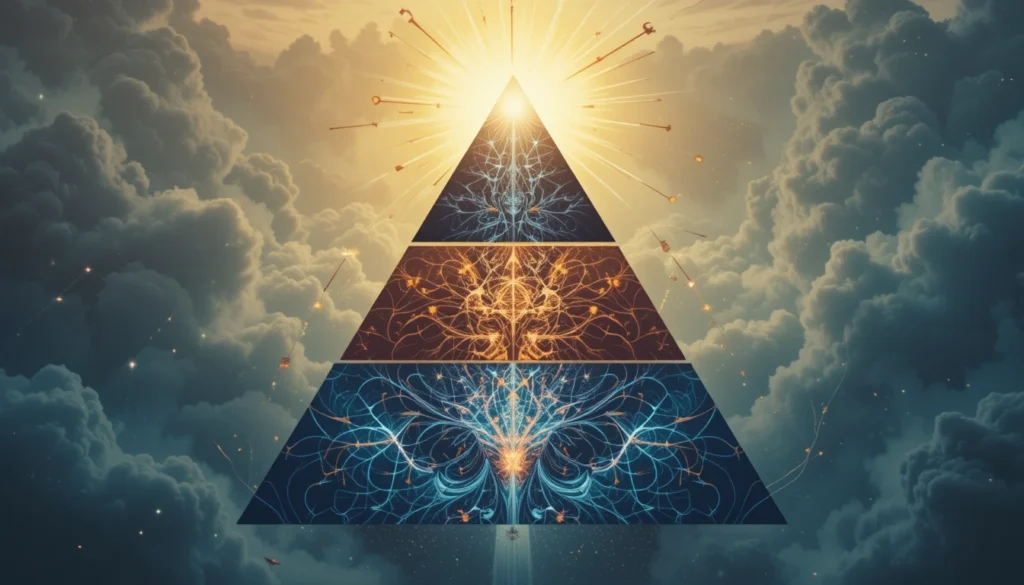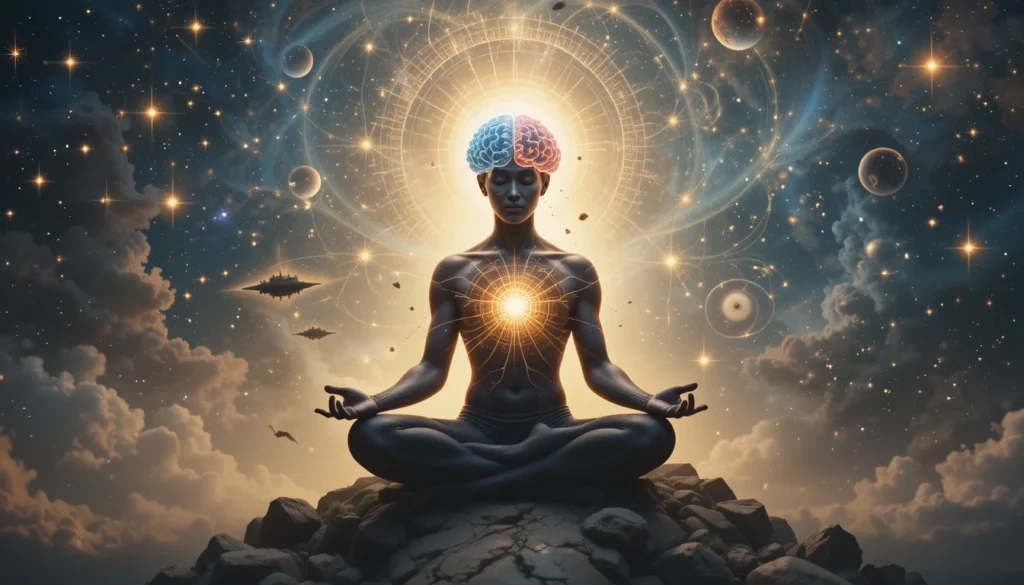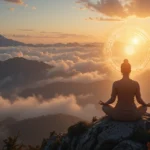Introduction
Consciousness is one of the most fascinating and least understood aspects of human existence. It’s the silent observer behind every thought, emotion, and experience you have. You can think, feel, imagine, and even question your own thoughts—but what exactly is it that allows you to do all this? That mysterious force is what we call “consciousness.”
In this blog post, we dive deep into the layers of consciousness, revealing truths you were never told. From scientific theories to ancient wisdom, you’ll discover what makes consciousness so profound, why it matters, and how to explore its full potential.
What Is Consciousness?
At its simplest, consciousness is the state of being aware. It’s what allows you to recognize yourself, make decisions, and interact with the world. Unlike intelligence, which is about problem-solving, consciousness is about experience. It’s the difference between reading a book and being aware you’re reading it.
Scientific vs. Philosophical Definitions
| Approach | Definition |
| Scientific | Consciousness is a state of wakefulness involving cognitive processes like perception, attention, and memory. |
| Philosophical | Consciousness is the subjective experience of being, often tied to questions of identity and existence. |

Why Is Consciousness So Mysterious?
Despite all our advancements in neuroscience and psychology, we still don’t fully understand where consciousness comes from or why we have it. It doesn’t help that it’s not something you can touch, measure, or see. Many scientists believe consciousness emerges from brain activity, but that doesn’t explain how a physical organ creates a subjective experience.
Philosophers call this the “hard problem of consciousness”—how and why do physical processes in the brain give rise to the feeling of being?
Popular Theories of Consciousness
- Dualism: The mind and body are separate entities. Consciousness exists beyond the brain.
- Materialism: Consciousness is a product of brain function and neural activity.
- Integrated Information Theory (IIT): Consciousness is the degree to which a system can integrate information.
- Global Workspace Theory (GWT): Consciousness occurs when information is globally broadcast across the brain.
- Panpsychism: Everything, even atoms and particles, possess a form of consciousness.
Layers of Consciousness
| Layer | Description |
| Waking Consciousness | Your everyday alert state where thoughts, actions, and decisions are made. |
| Subconscious | Stores beliefs, memories, and learned behaviors. Influences you without your awareness. |
| Unconscious | Deepest layer; holds repressed memories, instincts, and traumas. |
| Altered States | Includes dreams, meditative states, hypnosis, and psychedelic experiences. |

Spiritual and Cultural Views on Consciousness
- Hinduism: Consciousness (Atman) is the true self, eternal and beyond the physical body.
- Buddhism: Consciousness flows like a stream, constantly evolving through awareness and mindfulness.
- Western Mysticism: Many mystical traditions view consciousness as a path to divine understanding or enlightenment.
Is Consciousness Limited to the Brain?
Modern neuroscience links specific brain regions to conscious awareness, but some phenomena challenge this view:
- Near-Death Experiences (NDEs): Some people report vivid awareness while clinically “dead.”
- Cases of Minimal Brain Matter: There are rare cases where individuals function normally despite having significantly less brain tissue than average.
These suggest that consciousness may not be entirely confined to the physical brain.
How Consciousness Affects Daily Life
- Self-Awareness: Enables reflection, personal growth, and understanding of one’s identity.
- Decision-Making: Helps weigh choices based on values, emotions, and reasoning.
- Emotional Intelligence: Consciousness enables you to recognize and manage emotions.
- Dreams: Even in sleep, consciousness continues to express itself in symbolic ways.
Methods to Expand and Explore Consciousness
| Method | Description | Benefit |
| Meditation | Focused awareness practices. | Reduces stress, enhances clarity. |
| Mindfulness | Present-moment awareness. | Improves mental health, emotional regulation. |
| Psychedelics | Substances like psilocybin or ayahuasca. | Can lead to spiritual insight (must be used responsibly). |
| Breathwork | Conscious breathing techniques. | Alters mental state and emotional balance. |
| Nature Immersion | Spending time in natural environments. | Restores attention, deepens self-awareness. |
Benefits of Consciousness Expansion
- Improved Mental Clarity
- Greater Emotional Control
- Enhanced Creativity
- Deeper Relationships
- Increased Intuition
- A Sense of Purpose and Connection
Unspoken Truths and Hidden Knowledge
- Suppression of Research: Some claim that deeper studies into consciousness are discouraged due to political, economic, or religious agendas.
- Ancient Wisdom: Civilizations like the Egyptians, Mayans, and Vedic sages had sophisticated understandings of consciousness, much of which has been lost or ignored.
- Simulation Theory: Some modern thinkers, including scientists and technologists, speculate that reality might be a simulation—with consciousness as the observer-player.
Frequently Asked Questions (FAQs)
1. What is consciousness in everyday terms? Consciousness is your inner awareness—the part of you that knows you’re thinking, feeling, or doing something.
2. Are animals conscious? Yes, animals display awareness, emotions, and learning abilities. Most scientists agree they have some level of consciousness.
3. Is consciousness the same as the soul? Not quite. Consciousness is the active awareness you experience. The soul is often described as the eternal essence of who you are.
4. Can we expand our consciousness? Absolutely. Through meditation, mindfulness, psychedelics (under proper guidance), and other practices, consciousness can be explored and expanded.
5. Do we lose consciousness when we sleep? No. During sleep, especially REM, the conscious mind is active through dreams. It simply shifts forms.
Conclusion: The Journey Within
In the end, consciousness isn’t just something we have—it’s what we are. It holds the key to understanding ourselves, others, and the universe. While science is still catching up, ancient traditions and personal experiences offer rich insights.
The truth about consciousness was never “hidden” because it couldn’t be seen. It was hidden because it can only be felt, explored, and remembered. The next great frontier isn’t outer space; it’s the space within you.



